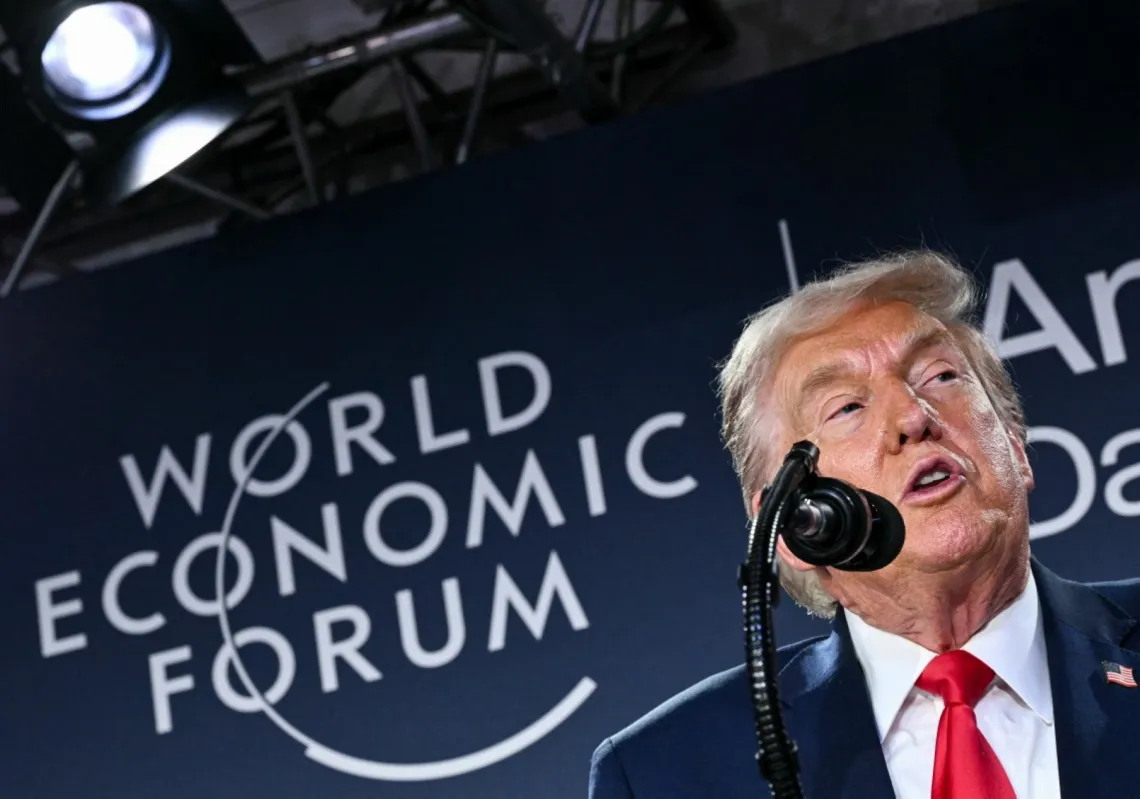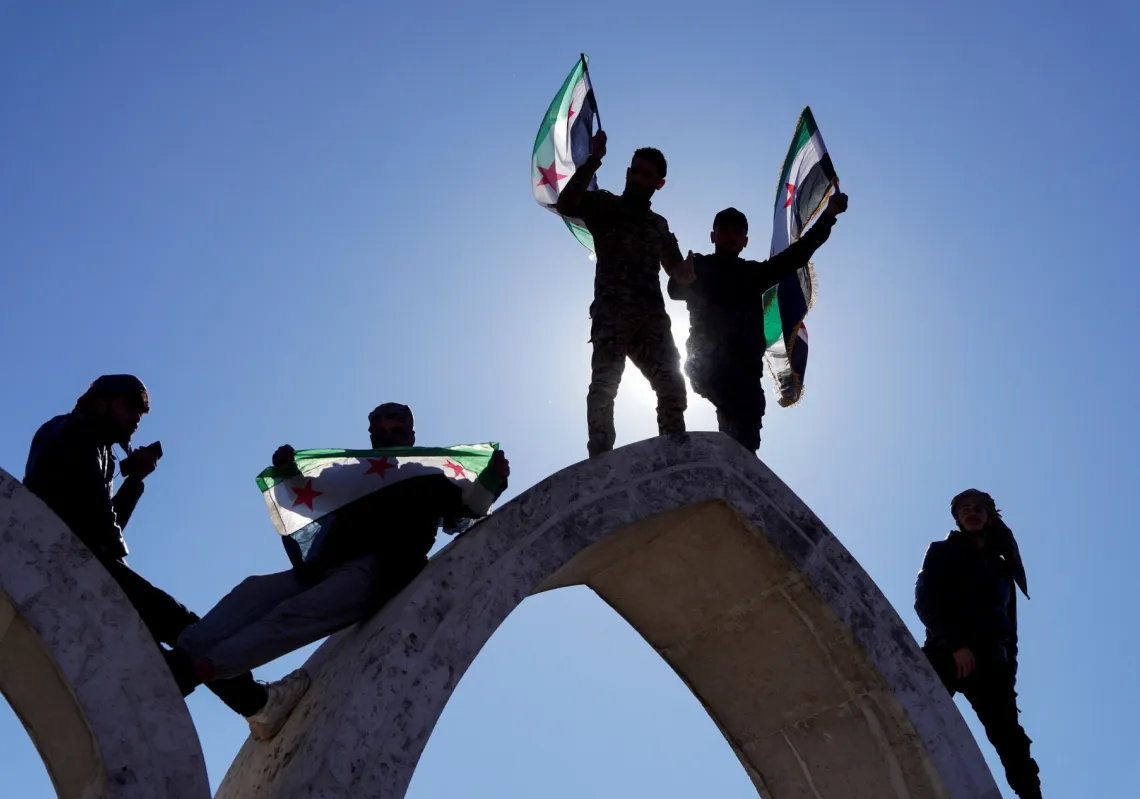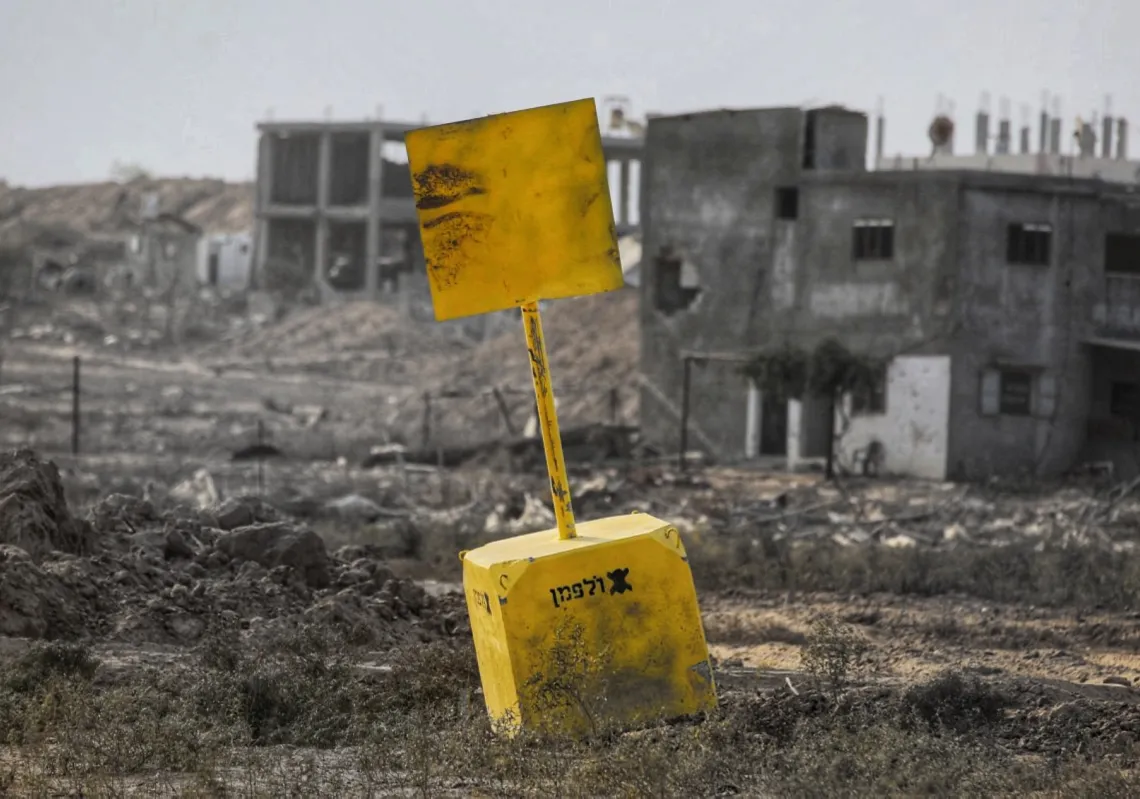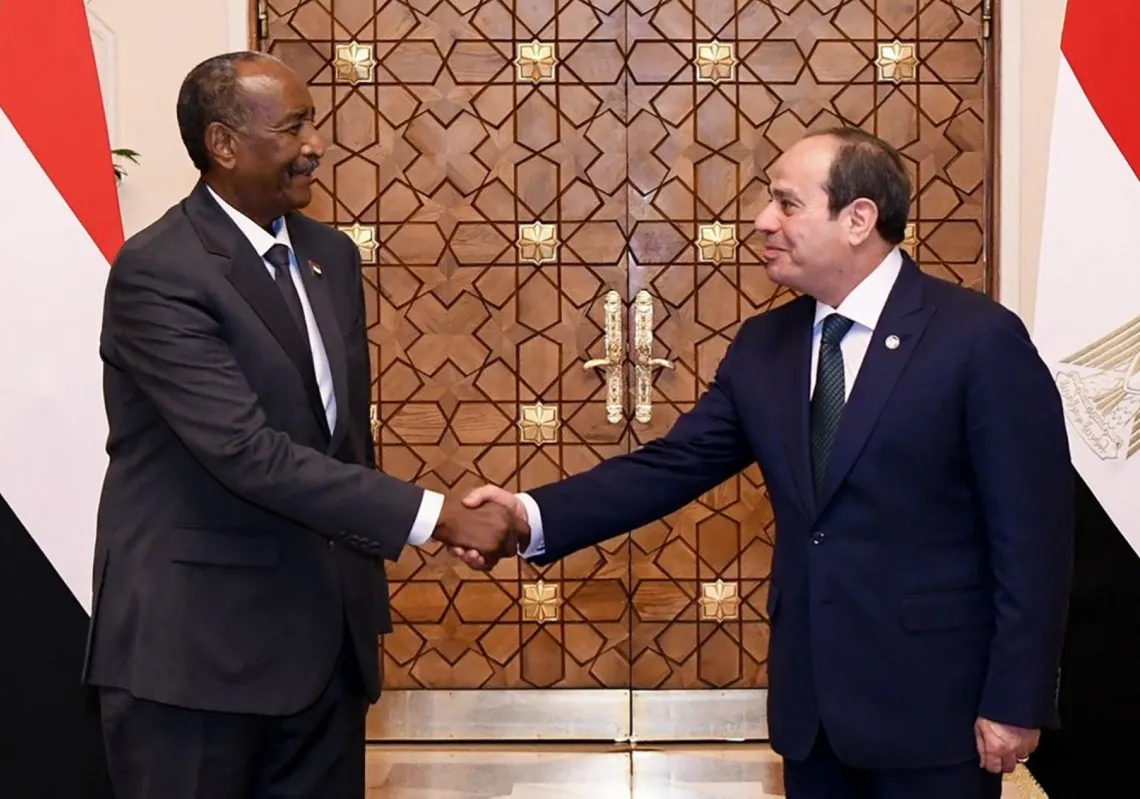 [/caption]
[/caption]
On 10 May 2012, a newly launched exhibition hall ARTSPACE London, a branch of ARTSPACE Gallery Dubai, opens its doors with My Family, My People, a solo exhibition by renowned Egyptian contemporary artist, Mohamed Abla.
Born in 1953 in Belqas, a town north-east of Cairo, Mohamed Abla's career as an artist began despite the strong disapproval of his father who had hoped that his son would follow the footsteps of Gamal Abdel Nasser and become an officer. Against all the odds, Abla graduated from the Fine Arts Faculty in Alexandria in 1977, and continued his studies in Switzerland and Austria. He travelled extensively while his graphics, installations, paintings gained him wide recognition, earning him a number of prizes and paving the way for him to exhibit internationally. Abla’s art consistently comments on Egyptian realities, from the social to the political changes of his country.
[caption id="attachment_55231700" align="alignright" width="276" caption="Mohamed Abla"]
 [/caption]
[/caption]
His body of work My Family, My People was created between 2006 and 2012 in acrylic on canvas, photography and oil on paper. "When I started painting the series, I felt nostalgic towards family; I would draw a father, mother, maybe two children” Abla reveals to The Majalla. “But the family changes and people separate to establish their own families. I look at relatives, neighbors. Eventually I see more people and my big family: Egypt. I play with words and meanings and look at all the changes that are happening in the family, how it grew and how Egypt has been changing. After 25 January 2011, I started observing families at Tahrir Square: people gathering in circles, talking, walking in different directions. I examine how those events affect the meaning of the family. 'Where are we going?' I ask myself."
The paintings depicting close family were displayed at ARTSPACE Dubai earlier this year. "In London, I add a political aspect. Several paintings communicate the pressing social and political issues. Moreover, some canvases – depicting Salafis, Muslim Brotherhood and the Egyptian army – might not be accepted in Egypt right now. In the London exhibition I manage to release this charge."
A rebel at heart, Abla spent the initial 18 days that ousted Hosni Mubarak at Tahrir Square and would return to document it in the following months. "I cannot take part in the revolution as an activist but I can add my share as an artist. The moment comes when I do not think about quality, history or distance. It is about how I feel now and it is this now that I need to express. I don’t have to call it art; you may call it sketches or scratches. I also have to set an example for the young artists. I cannot tell them 'take a distance, don’t create'. This would kill them." Although Abla works continually only around 20 percent of his art reaches the exhibition halls. "I enjoy painting more than exhibiting. My work is my diary, my memories. I pick from them some elements to exhibit."
[inset_left]"I cannot take part in the revolution as an activist but I can add my share as an artist"[/inset_left]
At Tahrir, Abla organized the Revolution-Born Artist, a workshop for children allowing them to express themselves through art. "Though children created very spontaneous and interesting works, we aimed to reach to their parents, to educate them, to give them hope. Many people kept going to Tahrir not really knowing why. It was a way to gather people and to talk to them."
The younger generation is constantly on Abla's mind . "I always think about the future and future is created by the younger generation. It is my role to invest in them." In 2006, inspired by the International Art Academy in Salzburg, Abla created Fayoum Arts Centre, located 130 km south-west of Cairo. The centre cherishes and develops young artistic talents, provides a variety of workshops and is home to an art library. Every winter, the centre holds a winter academy during which young artists are coached by international guest art professors.
[caption id="attachment_55231717" align="alignleft" width="231" caption="Family with Flowers acrylic on canvas (Mohamed Abla)"]
 [/caption]
[/caption]
Abla is one of the initiators of Al Fan Midan (Art is the Square), an event that was first organized in April 2011 that is held on the first Saturday of every month in Abdeen Square in Cairo, along with other governorates on the same day. Including music concerts, puppet theatre and open air exhibitions, Al Fan Midan aims to bring art to people on the streets. "We have very little support from the Ministry of Culture and mostly we sponsor ourselves. But we are persistent as we're trying to show that art belongs to the people. We have to continue." In order to do this, along with a group of other artists Abla recently initiated a five-hour art sale at Townhouse Gallery from which the proceeds were directed to support Al Fan Midan.
Strongly embedded in the society, Abla’s revolutionary spirit caused him to display three canvases from his most provoking series Wolves during the January 2012 edition of Al Fan Midan. In parallel, the same day, Abla launched a virtual exhibition on Facebook, displaying the complete series. The politically charged, Wolves is the artist's comment on the violent attacks on protesters at the Cabinet sit-in in December 2011; an event that left at least 17 people dead and over 300 injured.
"The situation was very tense. I had to do something; I had to help with my art. I was worried that the depicted 'Wolves' would be removed from the square. One of the soldiers approached the painting and started crying, explaining that they [the soldiers] act on orders," Abla recalls.
Abla’s need to be involved triggered all of his recent artistic creations. "Artists need to work and fight. Each artist can choose his own way but the fight is one. Being an artist is a responsibility."
Though Abla expects the situation in Egypt to become even worse for everybody, he sees a light at the end of the tunnel. "It will all change, but not soon. The revolution started and it's not finished. We do not have a model to follow; we need to improvise. Egypt is a special case and has a long history of occupations, invaders and internal struggles. Yet Egypt always wins. Egyptians will come up with their own formula and there will be space for everyone and all ideas. Also we must not forget that the Egyptian revolution is not limited to local issues, it radiates into the whole area. With my London exhibition, I hope to open a discussion with an international audience about Egypt's current situation."
Upon his return to Cairo, Abla plans to embark on a new artistic project. "I feel a need to be very direct. I hope to do something as simple as a newspaper article or graffiti. It is the artist's responsibility to respond to the needs of people and the situation now requires that we are direct."








